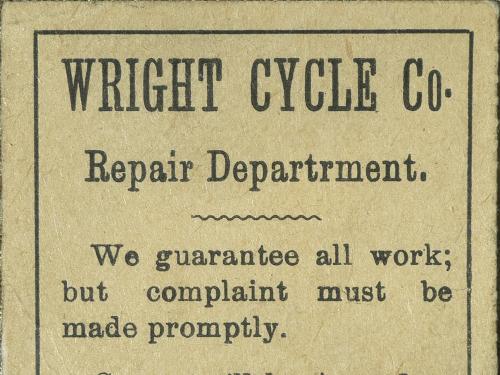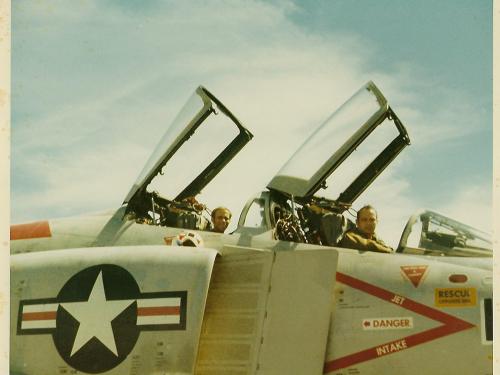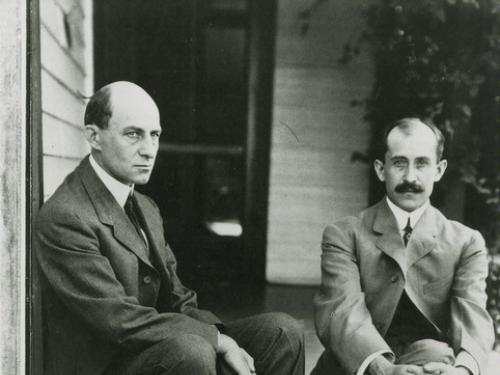
Stories of daring, stories of technological feats, stories of prevailing against the odds ... these are the stories we tell at the National Air and Space Museum. Dive in to the stories below to discover, learn, and be inspired.
Showing 341 - 350 of 1761

June 23, 2022
A decade ago it was pretty rare to see an all-electric car on the road. Now that you see them all. the. time. we wondered – what about electric vehicles in the *sky*? Several companies are working to overcome the challenges of all-electric flight, and it’ll likely be a long time before your commercial plane goes electric. But smaller, shorter-distance applications of all-electric air transport might be just around the corner. In this episode, we speak to Dr. Martine Rothblatt to learn how her company is working towards using electric helicopters to deliver the ultimate precious cargo -- transplantable human organs.

June 22, 2022
German forces pushing into the Soviet Union felt nearly invincible—until they met the Ilyushin Il-2 Shturmovik.

June 22, 2022
Astronauts headed to Mars and beyond won’t be able to depend on Earth for a quick response in the event of a medical emergency.

June 22, 2022
Orville and Wilbur Wright weren't always pioneering aeronautical engineers.

June 21, 2022
For the crews of US Navy Fighter Squadron 31 (VF-31, the “Tomcatters”), June 21, 1972, was the last day of their first line period of sustained operations onboard the USS Saratoga before a scheduled week off. That day proved to be one of the most significant in the squadron’s history. Discover why.

June 21, 2022
After a shaky start, the Nemesis NXT air racer comes out on top.

June 21, 2022
Aviation enthusiasts are scouring the country for the vintage airplane kits of their youth.

June 20, 2022
Learn about the two distinct minds that made up the dynamic Wright brothers team.

June 17, 2022
Meet the woman who is entrusted with preserving the icons of the Star Wars universe.

June 16, 2022
A new gallery shows how spaceflight transformed our relationship with technology.